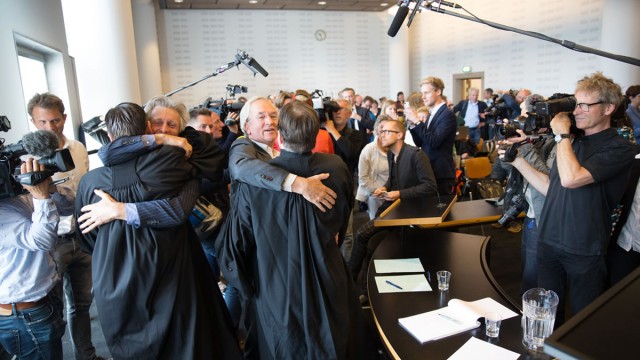In a landmark ruling, the district court in The Hague ordered the Dutch government to cut its carbon emissions by at least 25% within five years to protect its citizens from climate change.
Three judges ruled unlawful the plans of the government to cut emissions by just 14-17% by 2020, as compared to 1990 levels, given the huge threat posed by climate change. Before this judgment, the only legal obligations on states were those they agreed among themselves in international treaties.
Some 886 co-plaintiffs organized by Urgenda, the group that brought the suit on behalf of the citizens, had initiated a legal campaign in 2013 against the Dutch government of negligence for ‘knowingly contributing’ to a breach of the 2C maximum target for global warming. The case took two and a half years to get to its first hearing in April 2015.
This is the world’s first climate liability suit brought under human rights and tort law and the verdict of the court is expected to provide support to all the other climate cases around the world.
The legal arguments were based on principles forbidding states from polluting to the extent that they damage other states, and the EU’s ‘precautionary principle’ which prohibits actions that carry unknown but potentially severe risks.
A UN climate secretariat article obliging states to do whatever is necessary to prevent dangerous climate change was also cited. So was the UN climate science panel’s 2007 assessment of the reductions in carbon dioxide needed to have a 50% chance of containing global warming to 2C. Ideas outlined in the Oslo principles for climate change obligations also appeared to have been influential in the judge’s reasoning.
The court has also ordered the government to pay all of Urgenda’s costs.
The Dutch government has not decided whether to appeal the court’s decision yet.


